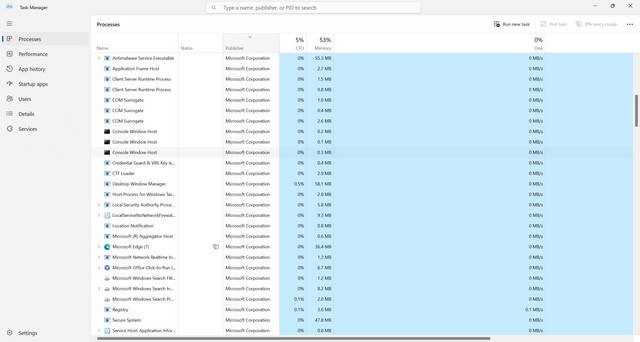If you have ever used a USB flash drive, you may have noticed a file called launchu3.exe in its root directory. What is this file and what does it do? Is it safe to keep or should you delete it? In this blog post, we will answer these questions and more.

What is Launchu3.exe?
Launchu3.exe is a program that belongs to the U3 smart drive platform, which was developed by SanDisk and M-Systems. U3 smart drives are USB flash drives that can run portable applications directly from the drive, without installing them on the host computer. This allows users to carry their personal data, settings, and software with them wherever they go.
Launchu3.exe is the launcher program that runs when you insert a U3 smart drive into a computer. It displays a menu of the available applications on the drive and lets you launch them with a click. It also provides access to other features, such as password protection, drive settings, and online updates.
Is Launchu3.exe malware?
Launchu3.exe is not a virus or malware. It is a legitimate program that is part of the U3 smart drive platform. However, some users may find it annoying or unnecessary, especially if they do not use the U3 applications or if they prefer to use other portable software platforms, such as PortableApps.com.
If you want to remove launchu3.exe from your USB flash drive, you have two options:
- You can disable the autorun feature of the drive, which will prevent launchu3.exe from running automatically when you plug in the drive. To do this, right-click on the drive icon in Windows Explorer and select Properties. Then, go to the AutoPlay tab and select Take no action for each content type. Click OK to save the changes.
- You can uninstall the U3 platform completely from the drive, which will delete launchu3.exe and all the U3 applications from the drive. To do this, you need to download and run the U3 uninstaller tool from the official website. Follow the instructions on the screen to complete the process.
Note that uninstalling the U3 platform will erase all the data on your USB flash drive, so make sure you back up any important files before you proceed. Also, once you uninstall the U3 platform, you cannot reinstall it on the same drive.
Conclusion
Launchu3.exe is a program that enables users to run portable applications from their USB flash drives. It is not harmful or malicious, but some users may prefer to remove it for various reasons. If you are one of them, you can either disable its autorun feature or uninstall the U3 platform entirely from your drive.
Always ensure that you have a reliable antivirus or anti-malware software installed, such as Malwarebytes Free, to scan your system for potential threats and maintain the security of your computer.



